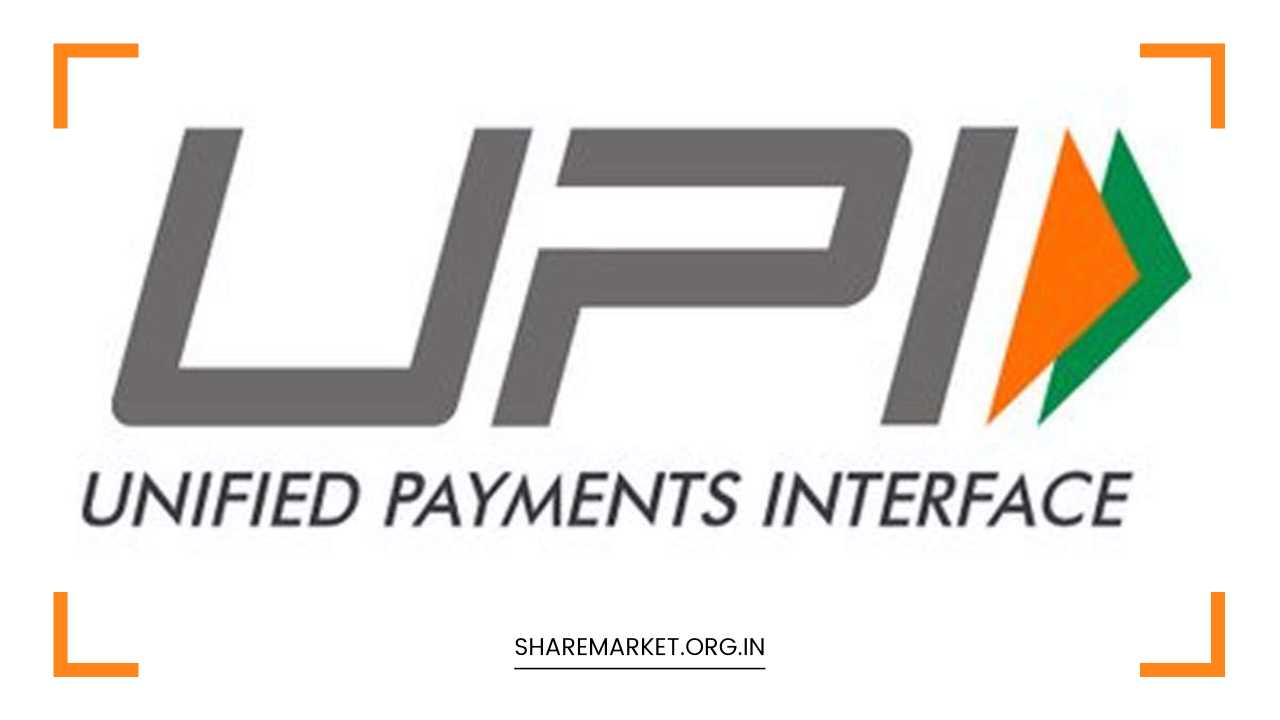Now You Will Be Able to Buy Shares Through UPI; Check Details!

Buy Shares Through UPI
Revolutionizing Share Trading in India: UPI Integration for Secondary Market Transactions
In a groundbreaking development poised to reshape the landscape of share trading in India, the National Payments Corporation of India (NPCI) has officially announced the imminent launch of ‘UPI for Secondary Market.’
This innovative initiative is set to revolutionize the way investors buy and sell shares, introducing a seamless and efficient process through the Unified Payments Interface (UPI).
The beta launch, scheduled for January 1, marks a pivotal moment in the financial sector, bringing together key stakeholders, including clearing corporations, stock exchanges, depositories, stockbrokers, banks, and UPI app providers.
Regulatory Approval and Implementation
The Securities and Exchange Board of India (SEBI) has granted regulatory approval for the introduction of the ‘Application Supported by Blocked Amount (ASBA)’ mechanism in the secondary market.
This mechanism, rooted in the block mechanism, aligns with the Reserve Bank of India’s (RBI) sanctioned approach of single-block-and-multiple-debit in UPI.
The official implementation date for this groundbreaking mechanism is set for January 1, promising a new era in the Indian financial landscape.
Limited Pilot Phase
During the initial phase of the UPI for Secondary Market launch, access to this cutting-edge functionality will be restricted to a carefully selected group of pilot customers.
This select group of investors will have the unique opportunity to experience and evaluate the novel features of UPI integration for share trading.
As part of this pilot project, investors can proactively block funds in their respective bank accounts. These funds will only be debited once the clearing corporations confirm the trade during the settlement process.
In a commitment to efficiency, clearing corporations will process payouts directly to these customers on a T+1 basis.
Notably, HDFC Bank and ICICI Bank customers are among the privileged first users to experience this transformative facility.
Key Players and Roles
The NPCI’s comprehensive statement shed light on the pivotal roles of key entities in this groundbreaking initiative. Groww, a prominent player in the financial technology domain, is positioned as the brokerage app for the ‘UPI for Secondary Market’ beta launch.
On the UPI app front, BHIM, Groww, and YES PAY NEXT have been designated to play crucial roles. The involvement of major financial institutions, including HDFC Bank, HSBC, ICICI Bank, and Yes Bank, as clearing corporations and sponsor banks for the exchanges, underscores the collective commitment to facilitating a seamless and secure trading experience.
It’s worth noting that other stakeholders, such as leading stockbrokers like Zerodha, eminent banks including Axis Bank and Yes Bank, and popular UPI-enabled apps like Paytm and PhonePe, are currently in the certification stage. These entities are actively working towards integration and are expected to become part of the beta launch shortly.
Detailed Analysis of UPI for Secondary Market
The ‘UPI for Secondary Market’ initiative is poised to usher in a paradigm shift in the Indian stock trading landscape. Let’s delve deeper into the key aspects of this transformative development:
1. ASBA Mechanism for Secondary Market
The introduction of the ‘Application Supported by Blocked Amount (ASBA)’ mechanism in the secondary market is a significant stride towards enhancing the efficiency and security of share trading.
This mechanism operates on the block mechanism, which has received the green light from SEBI. Investors can now leverage the block mechanism to block funds in their bank accounts.
This amount will only be debited by the clearing corporations once the trade is confirmed during the settlement process. This not only streamlines the trading process but also adds an additional layer of security and transparency.
2. RBI-Approved Facility of Single-Block-and-Multiple-Debit in UPI
The UPI integration for secondary market transactions is built upon the RBI-approved facility of single-block-and-multiple-debit in UPI.
This not only ensures compliance with regulatory standards but also provides a robust and reliable foundation for the entire process.
The integration of UPI with the secondary market introduces a dynamic and flexible payment mechanism, aligning with the evolving needs of investors and traders.
3. Implementation Date and Limited Pilot Phase
The official implementation date for ‘UPI for Secondary Market’ is set for January 1, signaling a strategic launch into the new year. However, the initiative will roll out in a limited pilot phase initially.
This phased approach allows for a controlled introduction, enabling stakeholders to address any unforeseen challenges and fine-tune the system based on real-world usage.
The limited pilot phase also provides an opportunity for a select group of investors to experience the benefits firsthand, offering valuable insights for further optimization.
4. HDFC Bank and ICICI Bank as Early Beneficiaries
During the initial phase, HDFC Bank and ICICI Bank customers will be among the first to avail themselves of the ‘UPI for Secondary Market’ functionality.
This early adoption by two of India’s leading banks not only underscores the credibility of the initiative but also ensures that a substantial user base gets to experience the benefits from the outset.
The participation of these major banks sets the stage for broader adoption across the banking sector.
5. Roles of Groww, UPI Apps, and Clearing Corporations
In this collaborative effort, Groww plays a pivotal role as the designated brokerage app for the beta launch of ‘UPI for Secondary Market.’
Groww’s expertise in the fintech domain positions it as a key player in facilitating a smooth and user-friendly trading experience.
On the UPI app front, BHIM, Groww, and YES PAY NEXT have been designated as the primary UPI apps for this initiative. This selection reflects a careful consideration of the capabilities and reliability of these apps in supporting UPI transactions seamlessly.
Clearing corporations, including HDFC Bank, HSBC, ICICI Bank, and Yes Bank, are instrumental in ensuring the integrity of transactions and the seamless functioning of the exchanges.
As clearing corporations and sponsor banks, their role is crucial in the settlement process, guaranteeing that funds are processed accurately and efficiently.
The collaboration of these entities demonstrates a coordinated effort to create a robust and interconnected financial ecosystem.
6. Certification Stage for Additional Stakeholders
Beyond the initial launch, the NPCI’s statement highlighted that other stakeholders are currently in the certification stage.
This includes renowned stockbrokers like Zerodha, leading banks such as Axis Bank and Yes Bank, and popular UPI-enabled apps like Paytm and PhonePe.
The ongoing certification process signifies a commitment to inclusivity, ensuring that a diverse range of market participants can seamlessly integrate with the UPI for Secondary Market initiative.
Once certified, these stakeholders will contribute to the expansion and diversification of the user base, enhancing the overall impact of the initiative.
Final Remarks
In conclusion, the impending launch of ‘UPI for Secondary Market’ represents a transformative moment in the Indian financial landscape.
By integrating the Unified Payments Interface into share trading, this initiative promises to make the process more accessible, efficient, and secure.
The phased approach, starting with a limited pilot phase and the participation of key players like Groww, HDFC Bank, and ICICI Bank, underscores the careful planning and collaboration involved in bringing this innovation to fruition.
As additional stakeholders, including stockbrokers, banks, and UPI-enabled apps, complete their certification, the initiative is poised for widespread adoption, marking a significant step towards a more inclusive and technology-driven financial ecosystem in India.
Investors can look forward to a future where buying and selling shares are not only financially rewarding but also technologically empowering, thanks to the integration of UPI into the secondary market transactions.

















